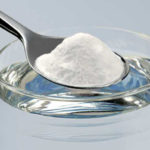Beware of Heat Stress: Listen to What Your Body is Telling You
Exercising in hot weather for extended periods can lead to heat stress, as the body’s ability to dissipate heat becomes challenging. This can result in the body temperature reaching 40°C or above, which can have detrimental effects on various systems in the body. The cardiovascular, respiratory, liver, kidney systems, and the nervous system are particularly susceptible, and heat stress may ultimately lead to a stroke.
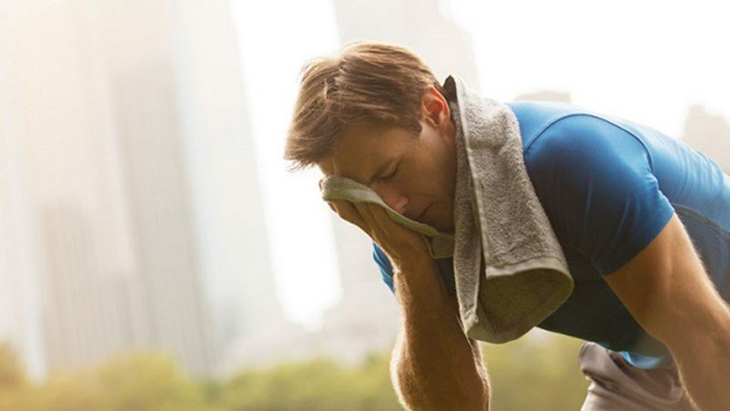
It is important to distinguish heat shock from regular fatigue, as heat shock poses serious risks. If symptoms like headaches, breathing difficulties, rapid heartbeat, and nausea occur, it is crucial to immediately stop the activity and seek shelter in a cooler area to allow the body temperature to normalize.
If more severe symptoms such as confusion or seizures emerge, it is imperative to promptly seek medical assistance.
Doctor Maszlee Urges People to Avoid Exercising During High-Traffic Hours to Help Slow Covid-19 Spread
The optimal body temperature for proper functioning is 37°C. During exercise, sweat is produced to help regulate body temperature. However, in high temperatures, sweating may be hindered.
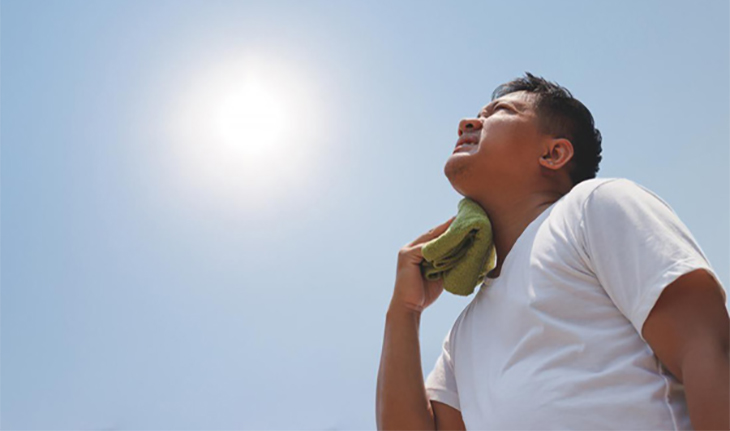
It is advisable to avoid engaging in physical activity or exercise between the hours of 10am to 4pm, when UV rays are at their strongest and temperatures reach their peak. Exposing your body to such conditions can lead to heat-related damage and increase the risk of skin cancer and eye problems.
Regular morning exercise has been shown to have a positive impact on the body’s metabolism, leaving individuals feeling rejuvenated and invigorated.
Drinking Water During Exercise: How It Enhances Optimal Performance
Excessive sweating during physical activity indicates a loss of water from the body. Sweating also leads to the loss of cooling water from the body. Water and electrolytes play a vital role in the body’s activities and metabolism. Adequate hydration with water and electrolytes is essential for regulating body temperature and overall bodily function during physical activities.
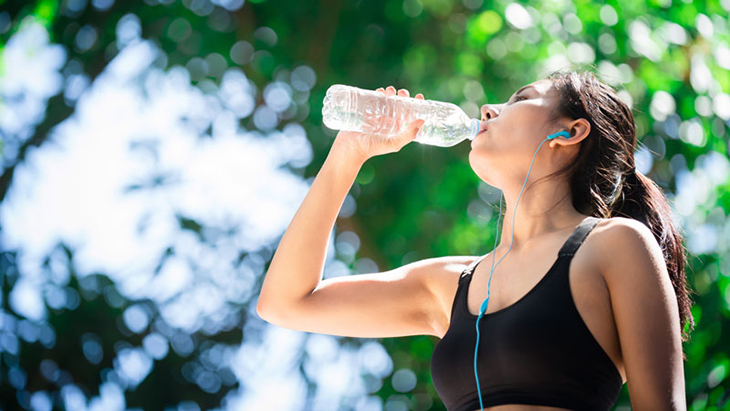
It is recommended to consume an appropriate amount of water before and after physical activity. However, it is important to be mindful and consume a moderate amount of water to avoid excessive stress on the body and circulatory system.
Avoid consuming cold water after exercising as it can potentially harm the stomach. Instead, opt for cool water or electrolyte drinks that are enriched with essential minerals like calcium, sodium, and potassium to effectively hydrate the body.
Avoid Consuming Refrigerated Items After Working Out
Consuming chilled food or drinks immediately after exercising, when the body temperature is elevated, can lead to discomfort in the stomach and potentially even acute gastritis.
To support optimal muscle recovery, it is advisable to consume a balanced meal that includes a combination of carbohydrates and protein. This can be achieved by incorporating nutritious options such as fruits, yogurt, peanut butter, and more into your diet.

Exercise for 30 Minutes is Optimal for Health Benefits
Regular physical activity is important for maintaining good health. However, it is important to be mindful of the length and intensity of exercise, particularly in hot weather. High energy expenditure can have negative effects on the body, and without proper nutrition, there is a risk of experiencing hypoglycemia. It is crucial to strike a balance between exercise and a well-balanced diet to ensure optimal well-being.
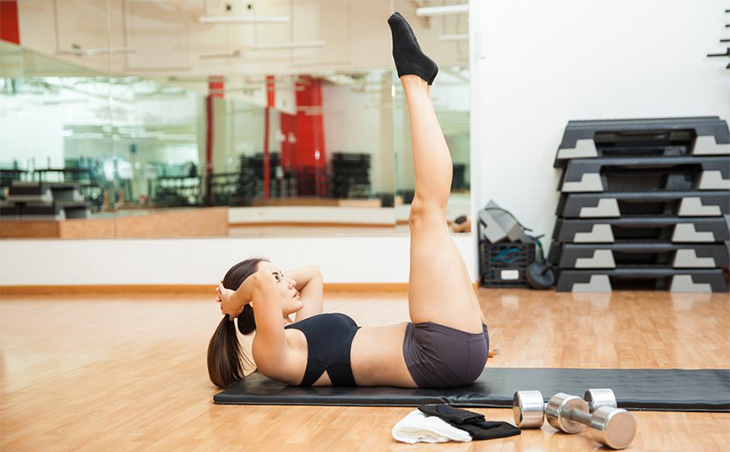
It is recommended to engage in physical exercise for a duration of 20-30 minutes, allowing necessary intervals for the body to rest and maintain its optimum body temperature. Individuals aiming for weight loss can consider extending the workout duration to approximately 40 minutes, while being mindful of their overall well-being and avoiding excessive strain.
“Avoid Taking a Cold Shower Right After Working Out”
Taking a cold shower immediately after exercising can make the body more susceptible to cold infections and can increase the likelihood of developing illnesses such as colds, fever, or pneumonia. It is advisable to reconsider this cooling method in order to maintain a healthy body.
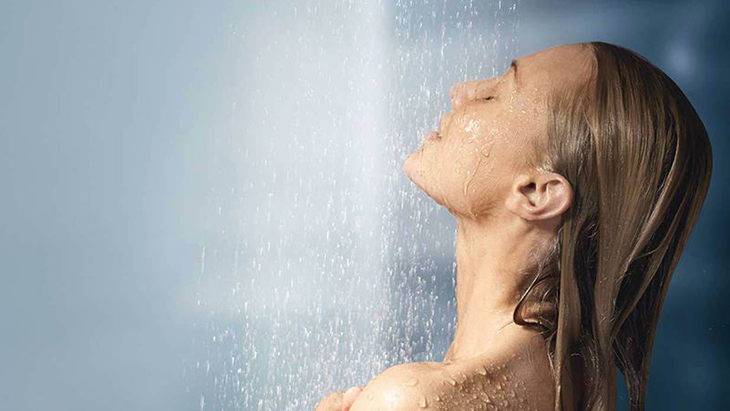
Exposure to cold water can have severe physiological effects on the human body. After completing your exercise routine, it is important to use a sweat-absorbent towel and allow yourself about 20 minutes to rest and stabilize your body temperature before using the restroom.
Encouraging Indoor and Water Sports for Safe Exercise Among Young Adults
To safeguard your health during the intense heat of summer, it is advisable to prioritize engaging in indoor and water-based sports activities.
There are various options available for indoor exercise to enhance your overall health and aid in weight loss. You can engage in aerobic exercises, visit a gym, practice yoga, and more. These activities offer the convenience of staying indoors while still reaping the benefits of physical fitness.
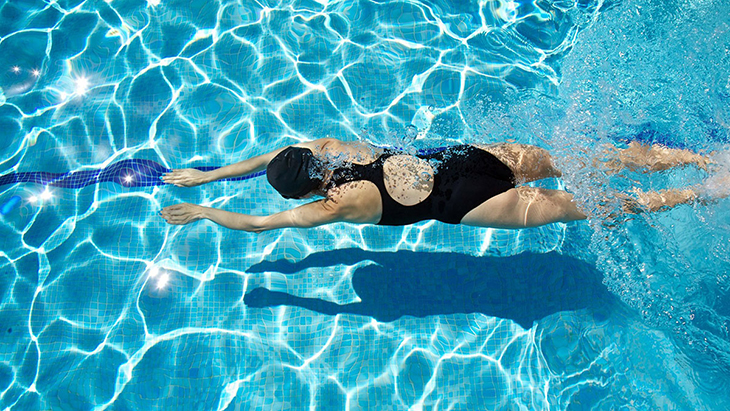
Furthermore, swimming is a highly beneficial sport that can be enjoyed during the summer months. Engaging in swimming activities promotes optimal blood circulation, enhances muscle flexibility, and contributes to a well-rounded physique.
This article presents seven important considerations regarding summer exercise that you should be aware of. It is my hope that you will have a successful and enjoyable fitness regimen during the summer season.



























